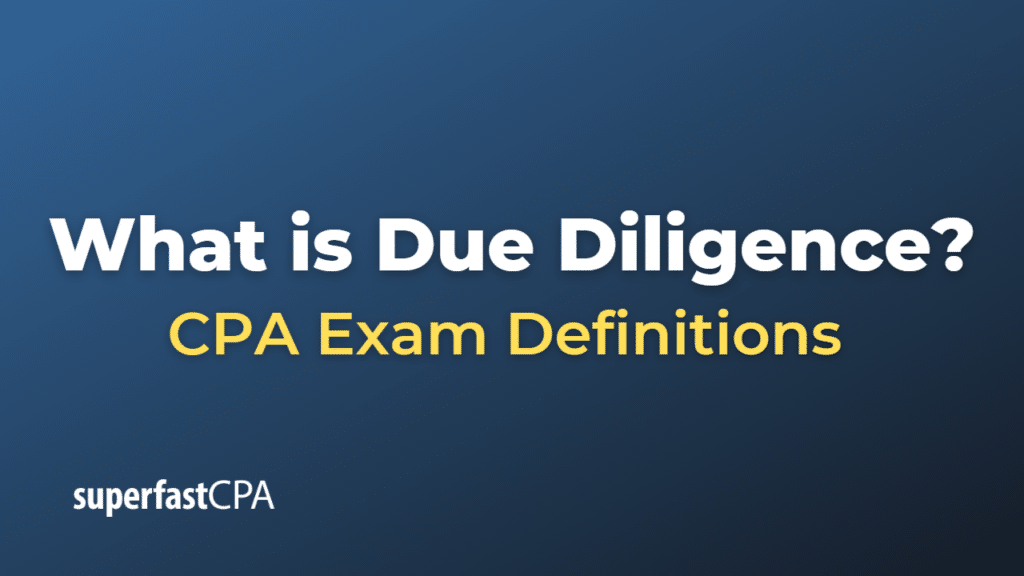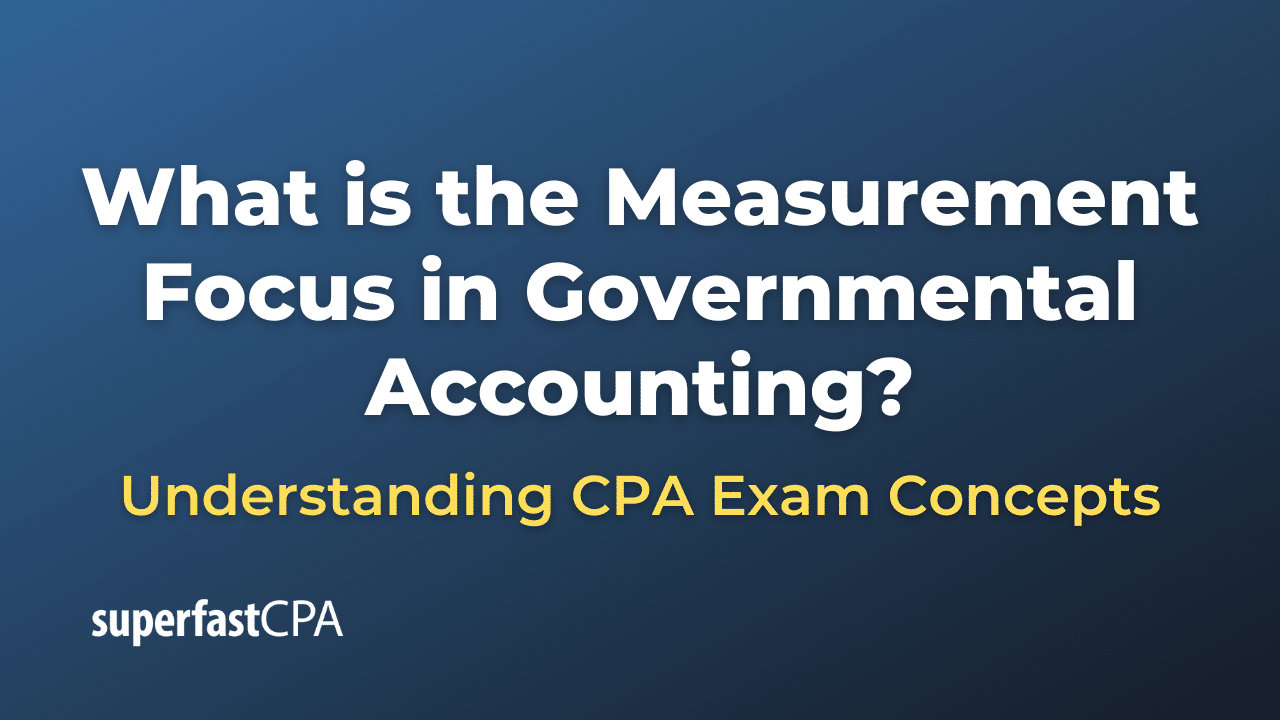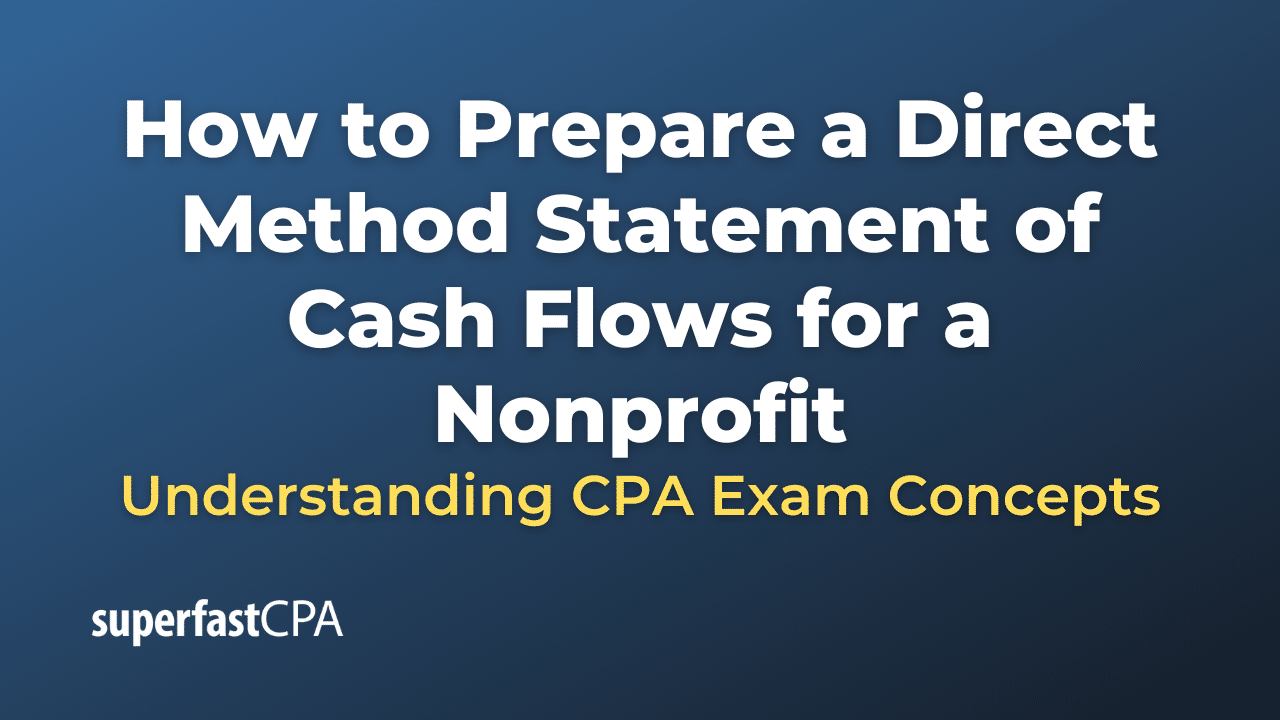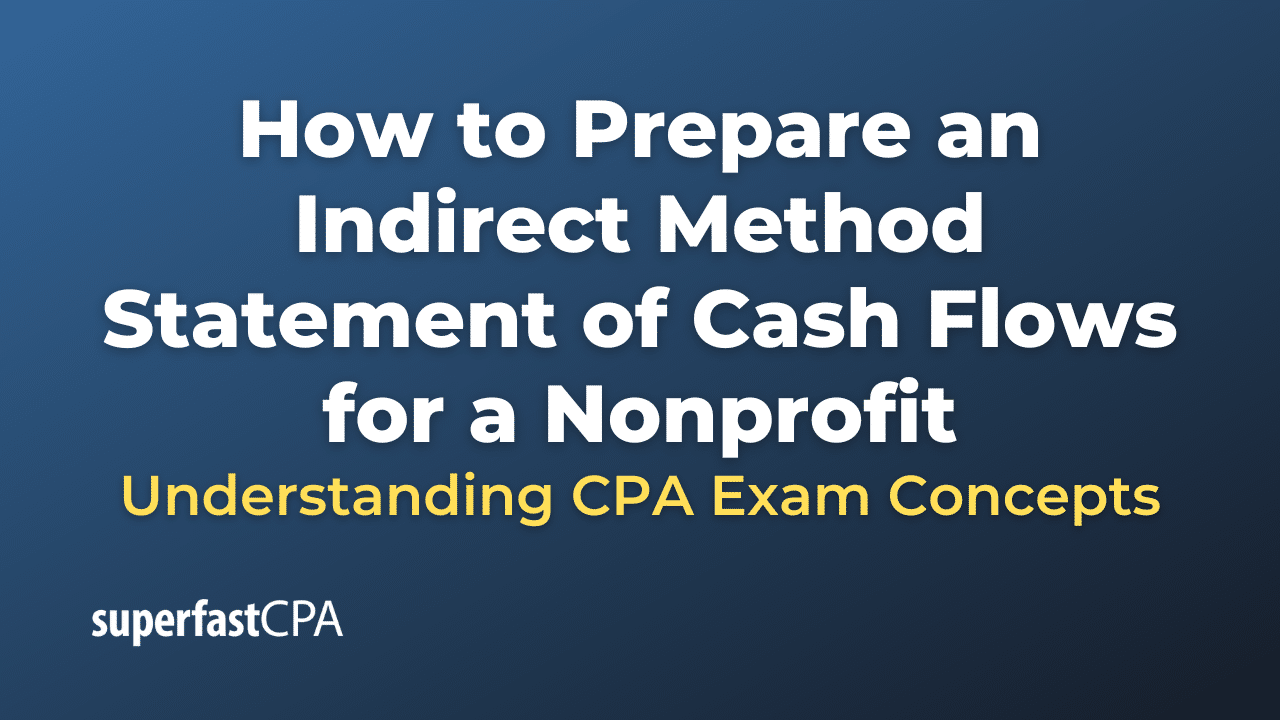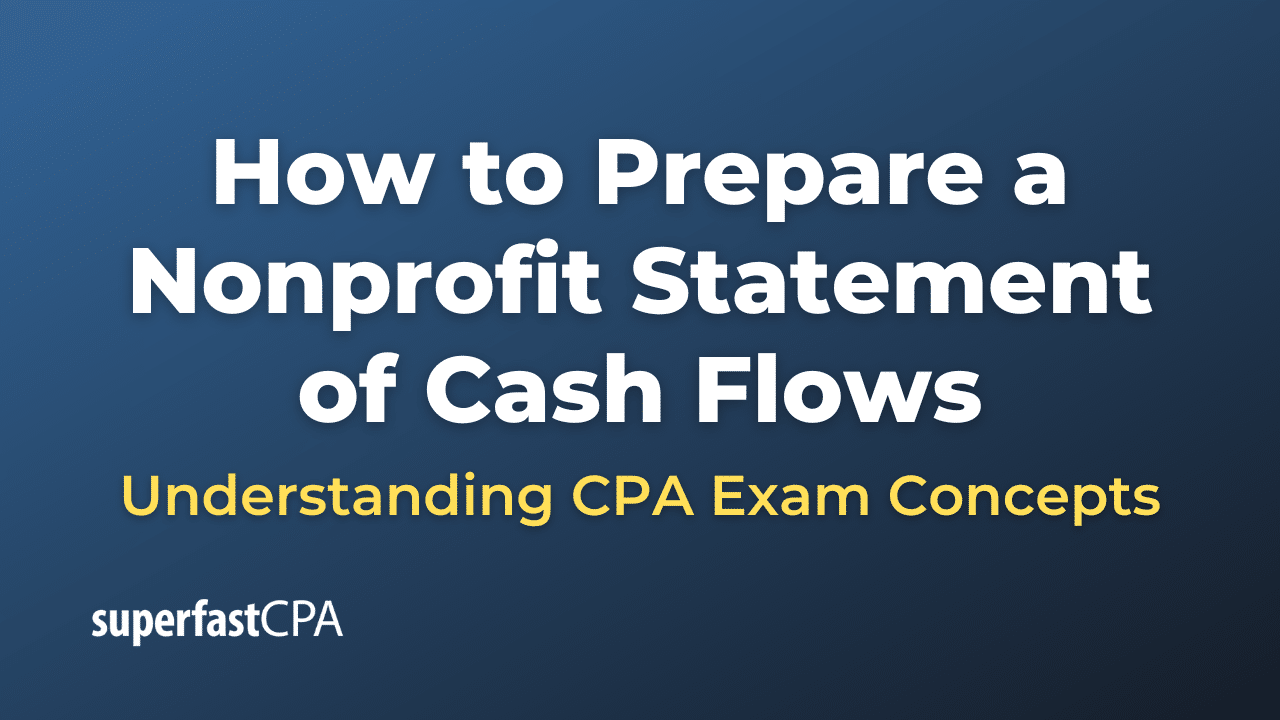Due Diligence
Due diligence is a comprehensive appraisal or investigation of a business, individual, or deal to confirm all facts and details before entering into an agreement or transaction. This can include reviewing financial records, legal documents, operations processes, and other relevant details.
The term “due diligence” is most commonly used in the business world, particularly in regard to mergers, acquisitions, and investments, but it can also apply in various other contexts. For example, an individual might perform due diligence before purchasing a house by inspecting the property, checking for any liens or zoning issues, and reviewing the neighborhood and market conditions.
In a business context, due diligence is critical in identifying potential risks, liabilities, and synergies. This process usually involves a team of professionals from different disciplines, including accountants, lawyers, and business advisors, among others. It is an important step to ensure that all parties involved in a transaction are fully aware of all the implications before a deal is finalized.
In a nutshell, due diligence is about making sure you have all the information necessary to make an informed decision and that you are not caught off guard by any potential issues after the transaction is complete.
Example of Due Diligence
Let’s consider an example in the context of a business acquisition:
Suppose Company A is considering purchasing Company B. Before they make a decision to go ahead with the acquisition, they would conduct due diligence to ensure they have a complete understanding of what they’re buying.
The due diligence process could include the following steps:
- Financial Due Diligence: Company A’s finance team and accountants review Company B’s financial records, including income statements, balance sheets, and cash flow statements. They also check financial projections, customer contracts, and the status of accounts receivable and payable.
- Legal Due Diligence: Lawyers for Company A review any legal issues related to Company B. This could include checking for any ongoing litigation, reviewing contracts and leases, ensuring intellectual property rights are protected, and confirming compliance with laws and regulations.
- Operational Due Diligence: Company A’s operational team assesses Company B’s operations. They review the organizational structure, employee roles and contracts, operational processes, technology and equipment, and supplier relationships.
- Market and Competitive Due Diligence: Company A analyzes the market that Company B operates in. They look at trends in the market, the competitive landscape, Company B’s market share, and potential growth opportunities.
After the due diligence process is complete, Company A would have a comprehensive understanding of Company B’s financial health, legal status, operational efficiency, and market positioning. They could then make an informed decision about whether to proceed with the acquisition and at what price. They could also identify any issues that need to be resolved before the acquisition can be completed, or risks that they’ll need to manage if they do go ahead with the purchase.

